Description
Use Moa’s Ark Natural Organic Virgin Coconut Oil (VCO) for cooking, frying, salad dressing as well as a substitute for butter. Good for oral care and as a moisturizer for skin and hair. Store in a cool place away from direct sunlight. VCO solidifies at a temperature below 24 degrees. Micro filtered and packed in New Zealand by Moa’s Ark Natural Products to ensure the highest quality.
Why Coconut Oil?
If you’ve been around the real food community much, you’ve heard many references
to the benefits of coconut, especially coconut oil. It seems that coconut oil might finally be
making a comeback in the mainstream health community.
Coconut oil is the most nutrient dense part of the coconut. It is solid at room
temperature like butter. It doesn’t break down in heat or light or become rancid like
many oils, and in my opinion has a wonderful tropical smell.
It is a wonderful way to increase the amount of healthy fats in your diet, and is
helpful in assimilation of fat soluble vitamins.
For years, “health” advice has warned against consuming saturated fats, and coconut
oil has gotten thrown out with the rest without good reason!
What’s In a Coconut?
Coconuts are an excellent source of nutrition and have healthful meat, juice, and oil.
The oil is arguably the most nutritious and has many health benefits. Coconut oil is
over 90% saturated fat and has antimicrobial, antibacterial, and antifungal properties.
Coconut oil also has antioxidant properties and it helps in the absorption of other
minerals.
Coconut oil is an incredible source of medium chain fatty acids (MCFAs), which have
been shown to have many health benefits.
Medium Chain Fatty Acids (MCFAs)
Most of the fats we consume are long chain fatty acids that must be broken down
before they can be absorbed. Coconut oil is high in short and medium chain fatty
acids, which are easily digested and sent right to the liver for energy production.
Because MCFAs are sent right to the liver for digestion, no bile or pancreatic enzymes
are needed for digestion, making coconut oil a healthy food even for those with
diabetes or those who have gallbladder problems.
MCFAs can help increase metabolism since they are sent directly to the liver and give
the body an instant source of energy. Most of the MCFAs in coconut oil are the highly
beneficial Lauric Acid.
Lauric Acid
Lauric acid is found in abundance in human breast milk and converts to a substance
called monolaurin in the body. Monolaurin has been shown to be useful in increasing
immunity and fighting viruses and disease.
Lauric acid in coconut oil in combination with oregano oil, has even been found more
effective in fighting the staph bacteria than antibiotics. Lauric acid has also been
shown to be preventative against some cancers.
Coconut Oil is over 40% lauric acid, the richest source naturally available.
What About The Saturated Fat?
If you are still concerned about saturated fat, consider taking a second look. Even if
you still avoid/limit saturated fats, it is important to note that not all saturated fats
behave the same way in the body. Coconut oil, due to its high lauric acid content, is
actually beneficial to the body.
It is also fascinating to note that countries like Thailand eat very high amounts
of saturated fats like coconut oil and lard, and have very low levels of disease on
average.
In fact, people consuming a traditional diet in Thailand have less instance of heart
disease and the lowest rates of cancer for all 50 countries studied by the World
Health Organization. Diabetes is TEN times more frequent in the United States that in
Thailand, despite (or perhaps because of) their high fat consumption.
What do they Thai people eat? A large part of their diet consists of coconut,
fermented foods, meat, a variety of vegetables, and rice. If you’ve ever tasted Thai
food, you know that they also have bold taste in seasonings and make use of potent
herbs and spices like curry, lemongrass, basil, and chilis.
Overall, the Thai people consume very little soy, except for fermented condiments.
Their living conditions are considered to be less sanitary and more difficult, so these
factors cannot account for the lower instance of disease.
Other countries, including some in the Mediterranean, show similar trends, even with
high consumption of saturated fat. Even here, saturated fat is getting a second look
from the medical community.
But saturated fat causes heart disease, right?
This has been the refrain for the last several decades, but history doesn’t back it up.
As I have discussed before, there really is no scientific backing to the idea, and in fact,
the lipid hypothesis has been largely discredited.
Think about it: Currently, coronary heart disease and related problems are the
number one cause of death in the United States. The field of cardiology didn’t even
exist prior to 1940, and there has been a 60 fold increase in cardiologists since that
time.
Also, coconut oil and other saturated fats were phased out since that time, and has
been replaced with “healthy” vegetable and seed oils.
You’d think with all those specialists and the move away from saturated fats , we’d
be seeing less heart disease…. except, we aren’t. In fact, rates of heart disease have
risen despite doctors best attempts to get us to eat low-fat whole grain diets low in
saturated fats (or perhaps because of this).
Saturated fats are necessary for cell function and growth, and have been linked to
increased health and even weight loss. Coconut oil is an all-star among saturated fats
with many benefits beyond its strict nutritional content.
Over 1/3 of the world’s population depends on coconut for food, and if you haven’t
already, you should consider incorporating coconut oil into your diet!
The word is getting out about the health benefits of coconut oil, but especially for
those just starting to use/consume it, trying to actually eat it can be a difficult task.
For some people, eating too much at once can even cause upset stomach until the
body adjusts.
For those who are trying to incorporate coconut oil in to their diets but have trouble
with the taste or texture, here are a few of the ways we consume it without the taste
or texture being too overpowering:
Ways to Use Coconut Oil…
- Substitute for Butter
- Cooking
- Frying
- Salad Dressing
- Oral Health
- In Baking Recipes
- Moisturiser for Skin and Hair
Other suggested uses for Coconut Oil are as follows.
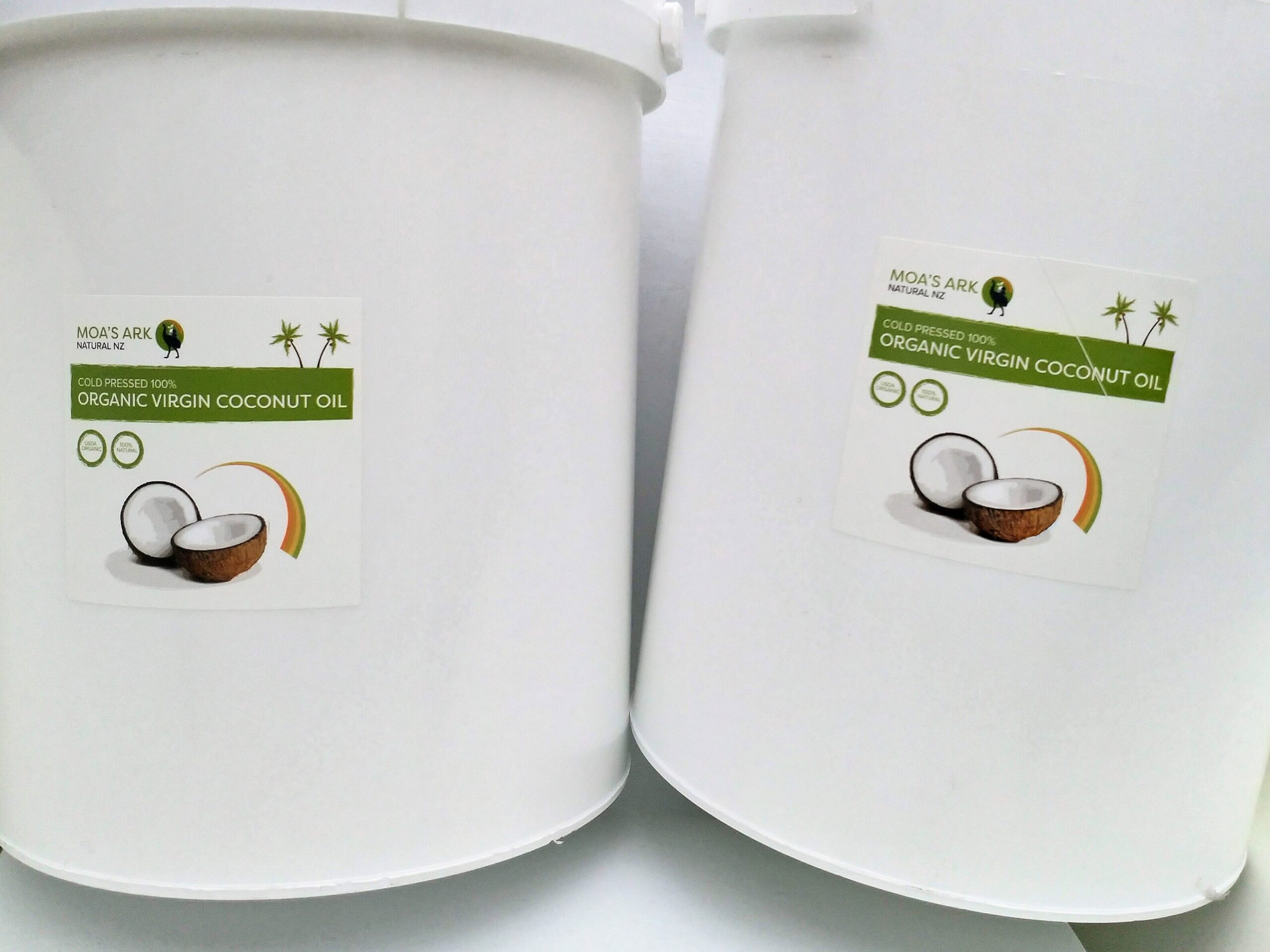
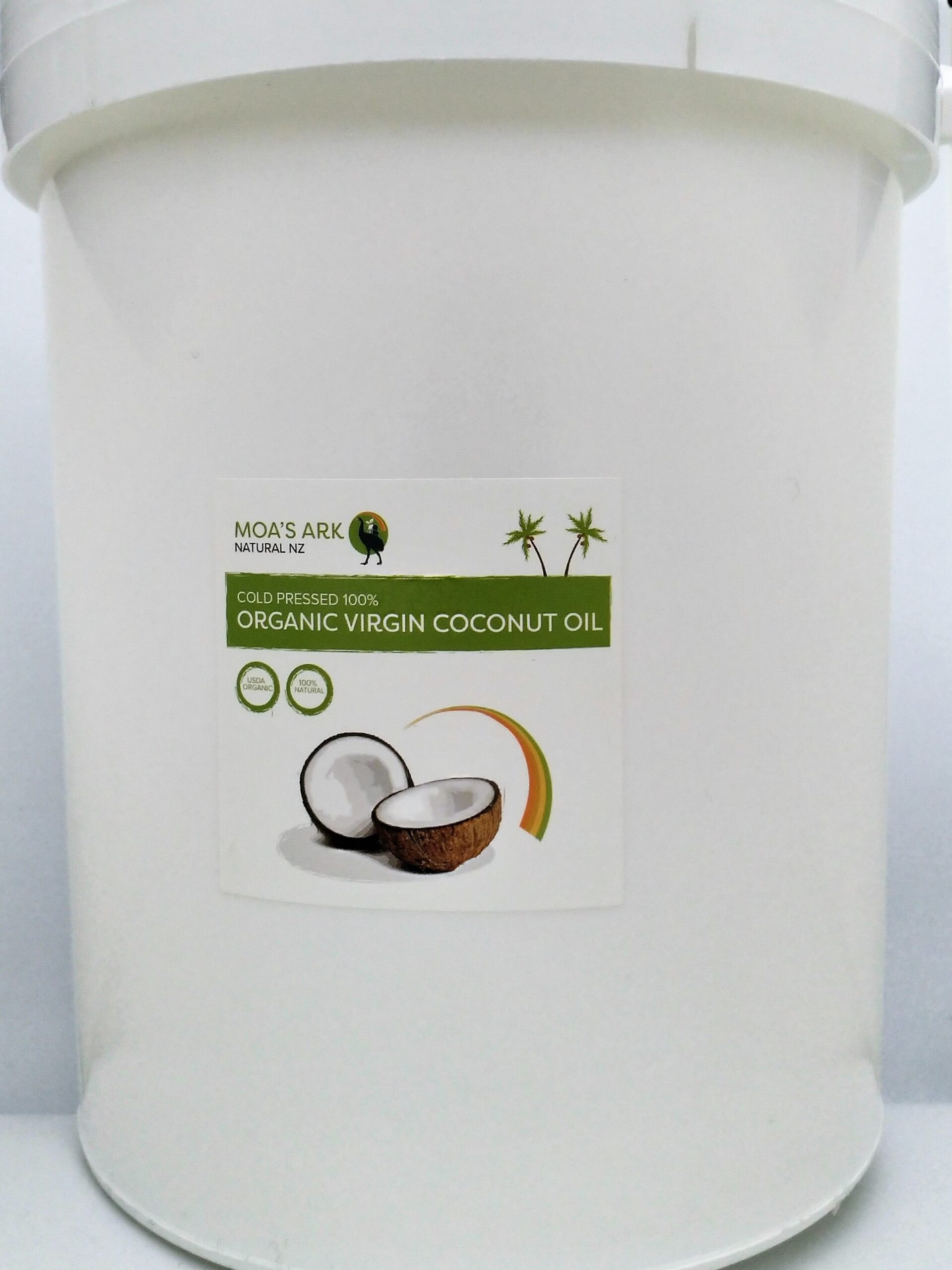
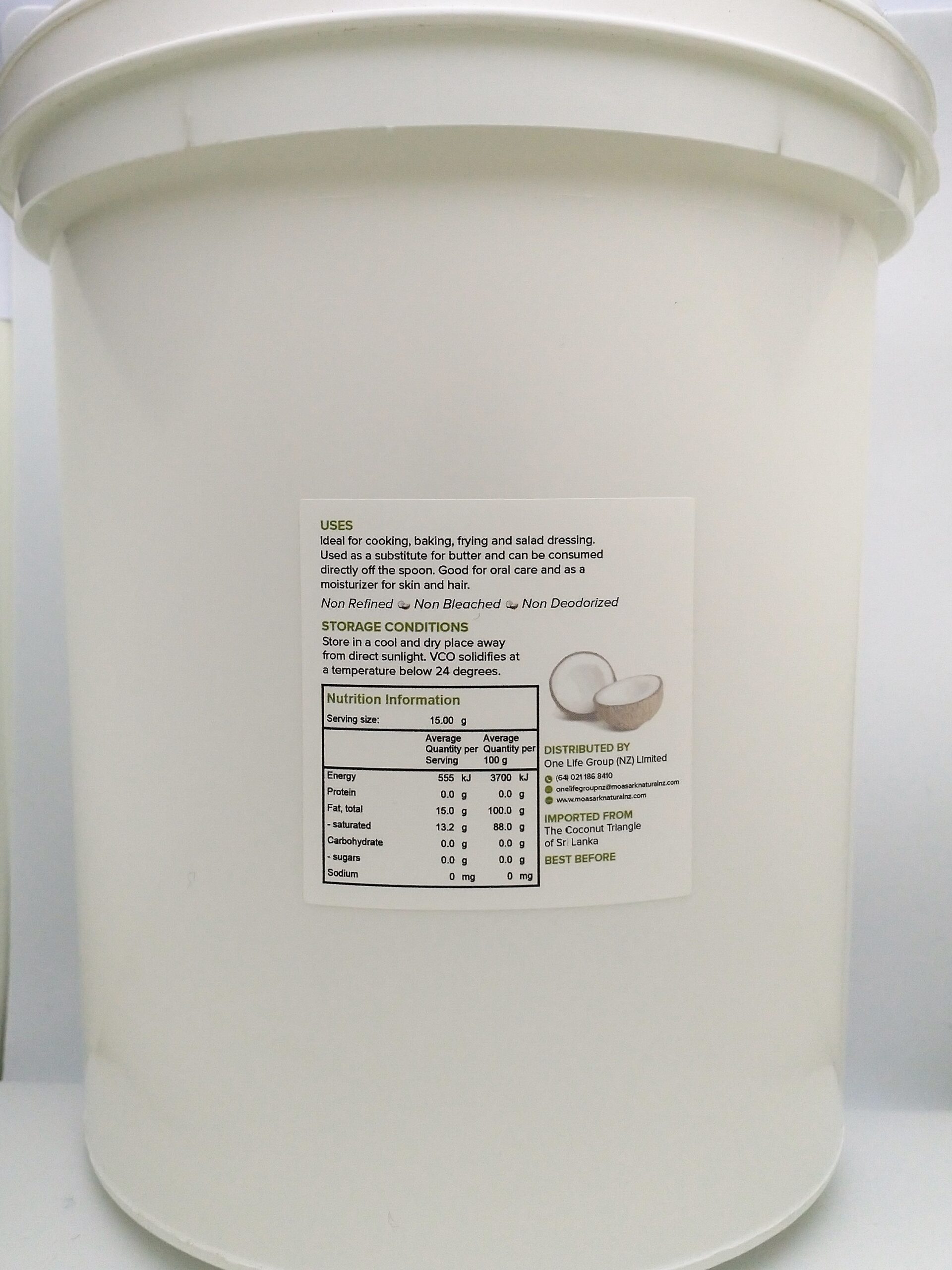
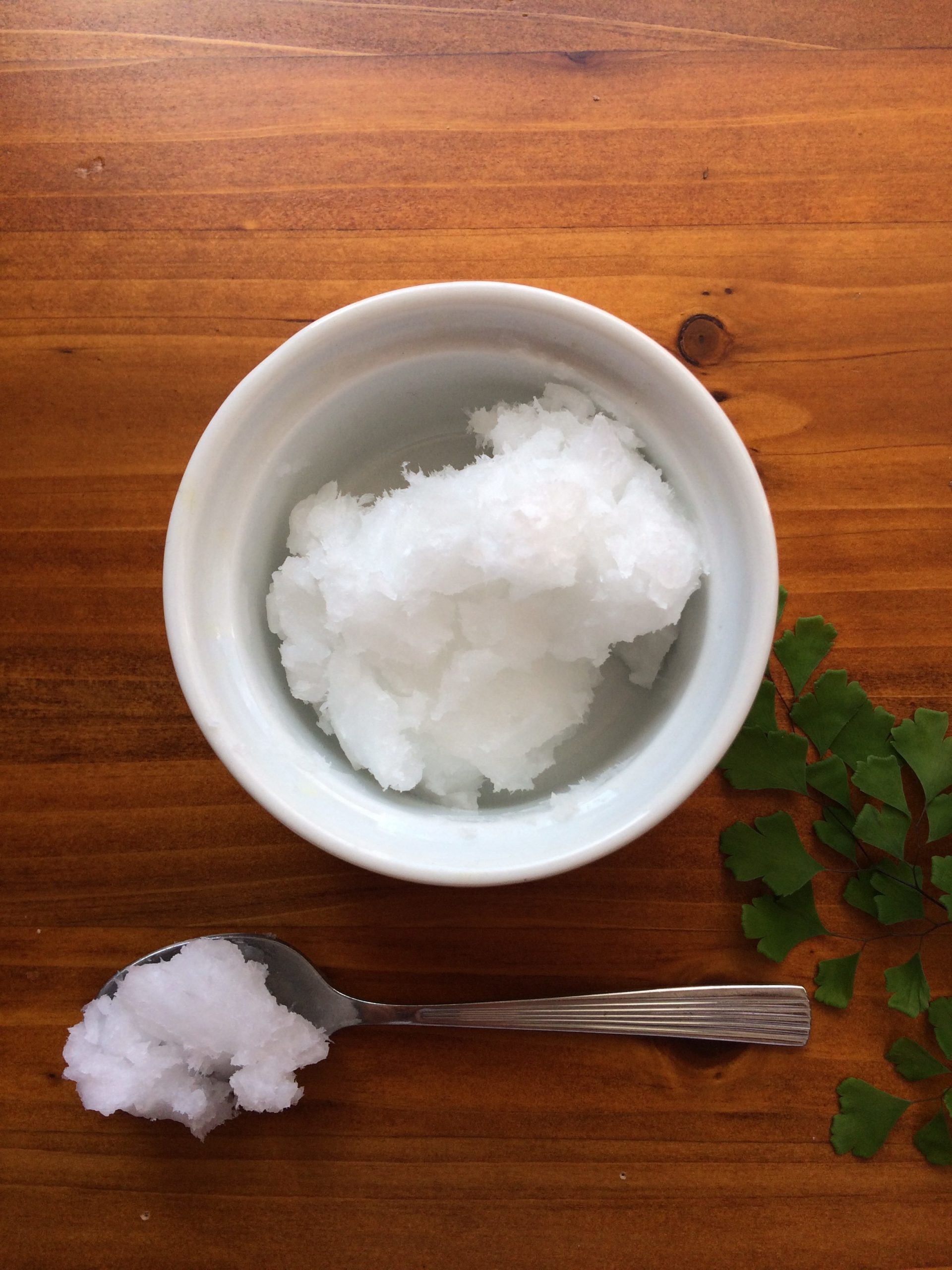

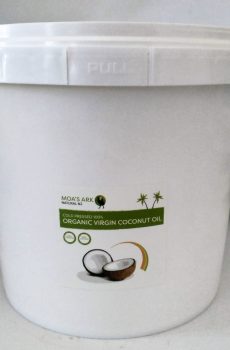
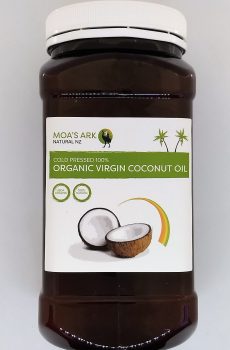
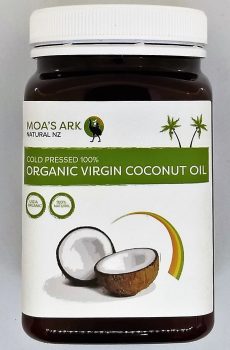
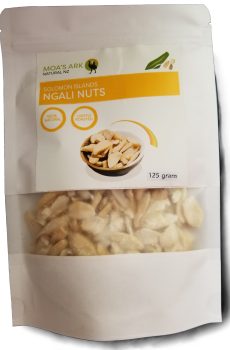
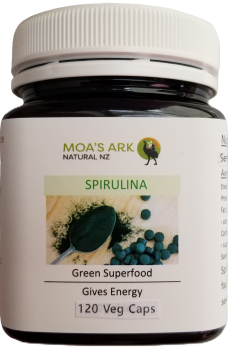

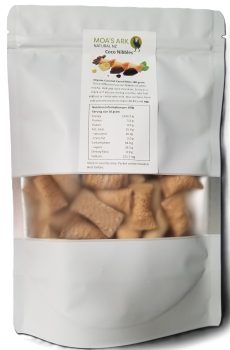
lee71117 –
Received today. Thank you. 12/4/20
lodown9 –
Great trader! Would trade again. 23/4/20
sarco1 –
Terrific trade, highly recommend and look forward to future trades. Thank you. 25/4/20
x5babe –
Good trade love the coconut oil AAA+ 6/5/20
urbanfarm –
cheers for the great trade. 6/8/20
ajb6 –
Thanks for the great trade. 23/8/20
panthens –
Great trader A+ Thanks. 25/8/20